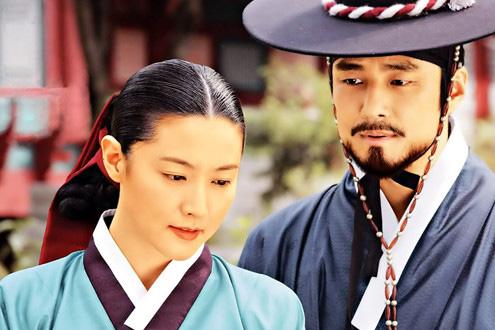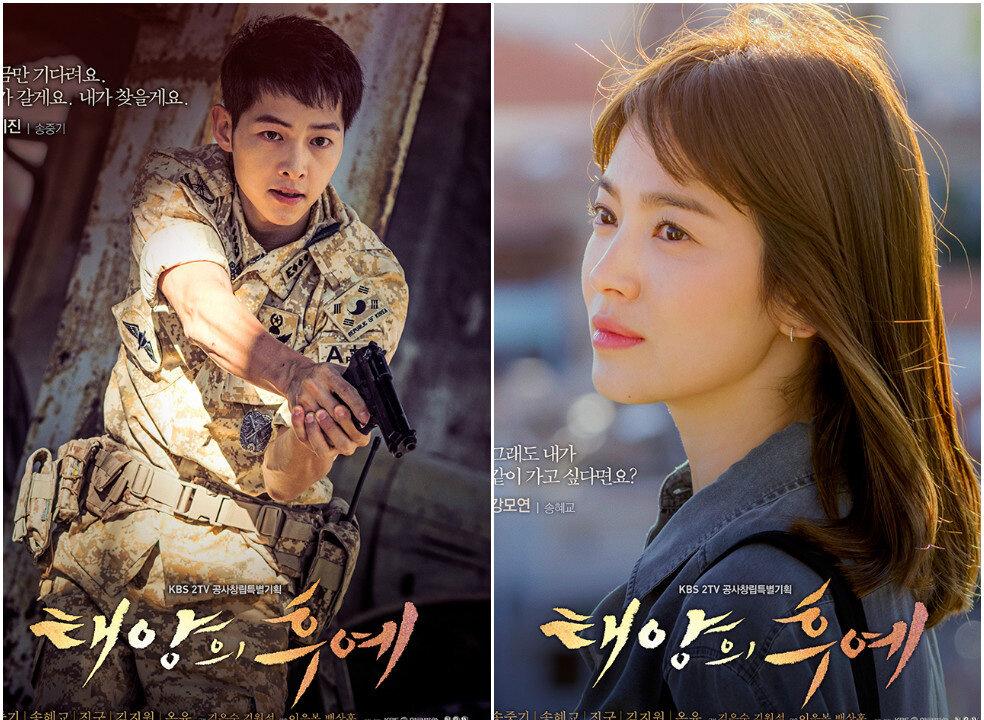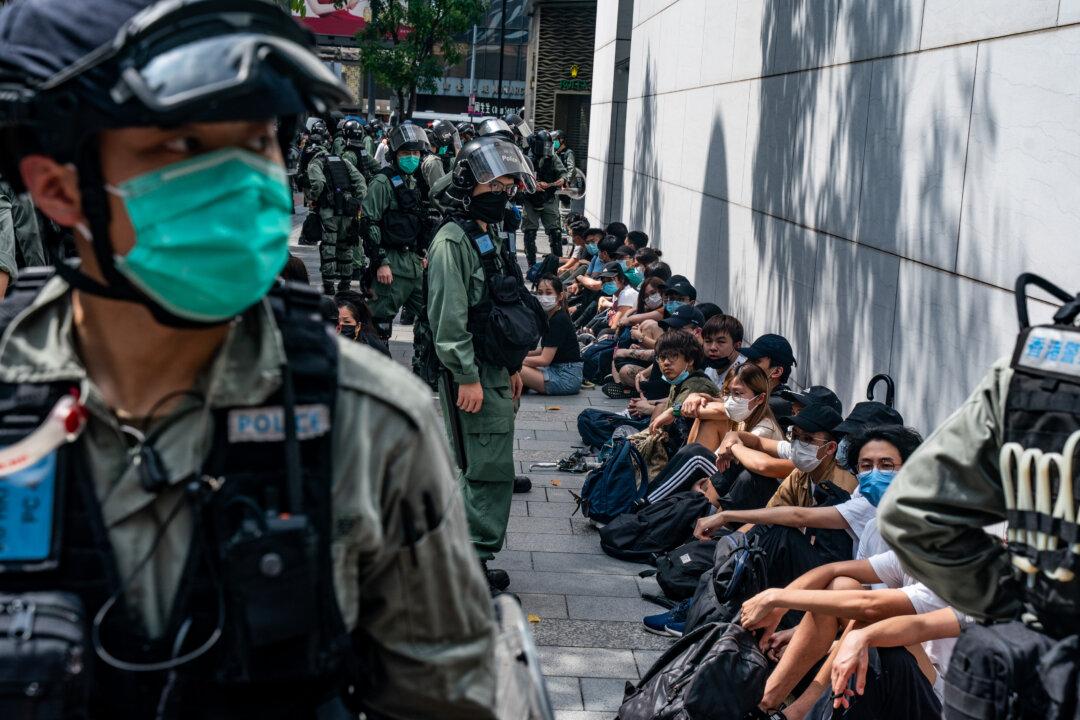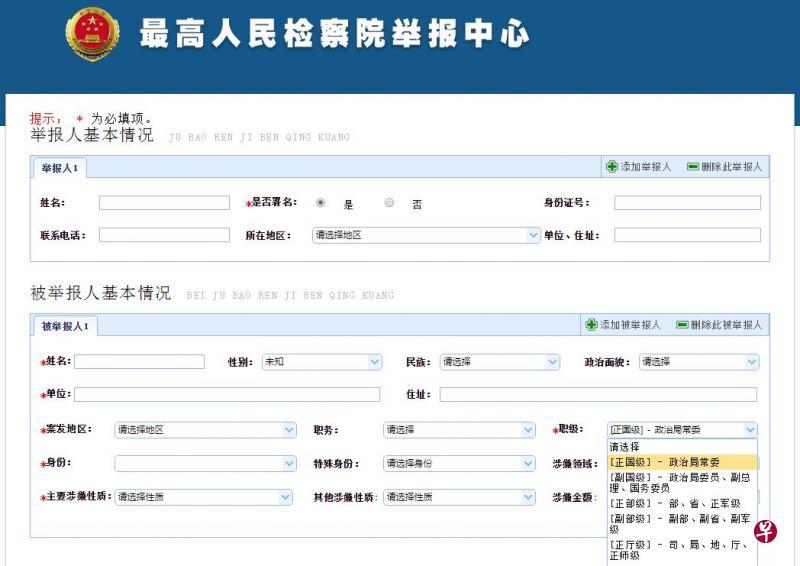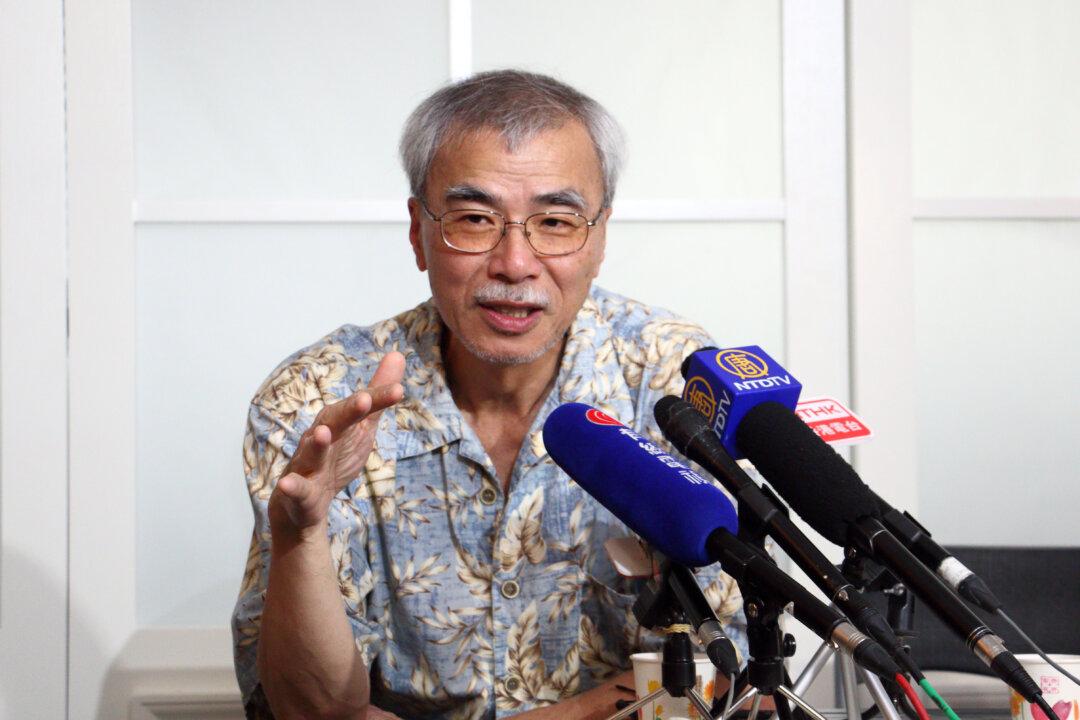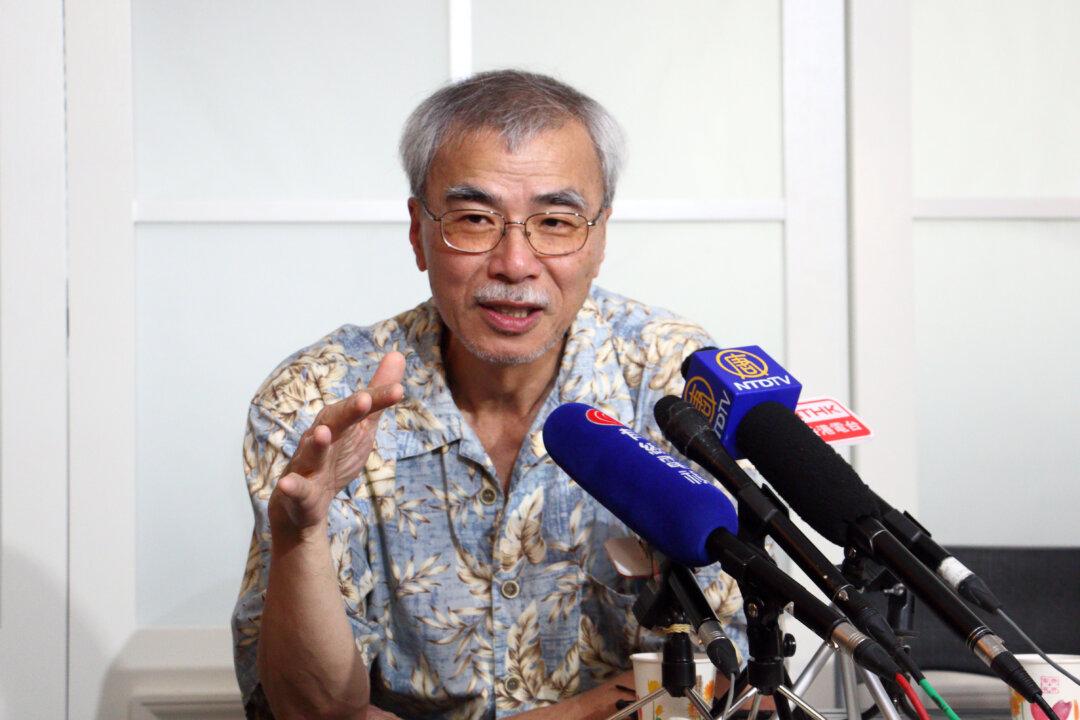The South Korean drama “Descendants of the Sun” took Hong Kong by storm when actor Song Joong-ki and actress Song Hye-kyo were in town to promote the show.
The war-themed romance is a global hit, scoring a high rating of 38.8 percent at its finale. It is seen as a buoy for South Korea’s economy.
“Descendants of the Sun” has been exported to 32 countries across the world, including China, Japan, and Taiwan. Even before it went on air, the 13 billion-won (US$11 million) production, which was record-breaking in K-pop dramas, had already broken even.
Since its release in February, it has been streamed 2.4 billion times on iQiyi in China, an average of over 170 million times per episode. The advertising revenue from product placement for the first eight episodes has already hit 240 million yuan (US$37 million).
The drama series was so popular in China that the Ministry of Public Security posted a warning on its official Weibo site not to mix fictional drama series with reality.
South Korean President Park Geun-hye said “Descendants of the Sun” could help promote South Korea’s culture and spark foreigners’ interest in the country.
“Good cultural content can not only produce economic and cultural values, but also contribute to the revitalization of tourism”, she said.
Cosmetic exports rise
According to a report by Bloomberg, the success of the drama means more tourists, especially from China; a rise in overseas sales of products featured in the drama; and more investment in Korean entertainment companies by Chinese companies seeking partnerships.
The talent fees of the two leads, Song Joong-ki and Song Hye-kyo, are soaring. It is said that Song Joong-ki will bring in around 100 billion won (US$87 million) in ad revenue from about 100 ads in Korea and China.
In March, the domestic sales of the Laneige lipsticks Song Hye-kyo wore in the show rose 360 percent from a year earlier. They were sold out in stores in the Myeongdong retail district, a popular Chinese tourist destination.
The Bloomberg report stated that data from the trade ministry and customs office show that overseas sales of Korean cosmetics rose 22 percent this year through March from what they were a year earlier, even as overall exports fell 13 percent.
Sales of cosmetics were supported by the popularity of Korean movies, music, and TV programs, leading to a preference for local cosmetics brands, the customs office said.
Cultural values
From “Autumn in My Heart” and “Jewel in the Palace” to “My Love from the Star” and “Descendants of the Sun,” every one of these Korean drama series sparked a Korean wave in Asia.
Famous Hong Kong writer Chip Tsao explored the reasons behind the Korean waves. He thinks the first reason is beautiful packaging. The leads are pretty, the plot is romantic, and the contents are straightforward and appealing.
Secondly, Tsao stated, South Korea preserves Chinese culture, especially the essence and core values of the Han and Tang dynasties, just like Japan. Korea tends to be more direct compared to Japan.
Koreans display unimpeachable integrity and character, which remind us of the samurai spirit of the Japanese, Tsao added. He stated that these qualities, which are depicted in popular Korean dramas, are absent from the values of Chinese nationals.
Chinese nationals have no more ethics, moral principles, or aesthetics to talk about, he stated.
Tsao thinks Korean thespians have an unaffected manner, which their Chinese counterparts are unable to imitate. He thinks there has to be trust in a society where people are truthful and kind towards one another, and since you don’t have to guard against one another, you feel unrestrained and relaxed.
If you look at South Koreans, Tsao stated, the expression on their faces is not tense, and their smiles are genuine. But that’s not the case for Chinese nationals. The faces of the Politburo Standing Committee members of the Communist Party of China tend to be taut, he stated.
He lamented that Chinese nationals are only concerned about the GDP, the economy, spending money, eating, and drinking these days. Due to the lack of values, they are unable to produce drama series like “Descendants of the Sun” and “Jewel in the Palace.”
According to Tsao, many of the settings in Chinese movies are fake and artificial, and the contents are hollow.
Government support
Institute of International Relations researcher Tsai Zheng-jia of the National Chengchi University has written a book to explore Korean waves. He said Korean drama themes are diversified, and what lies underneath the romances is the rich traditional culture of Korea.
“Jewel in the Palace” touched on the relationship between South Korea and China in ancient times. South Korea is trying to establish itself as an orthodox Confucian country after its rise as a strong nation, Tsai said.
